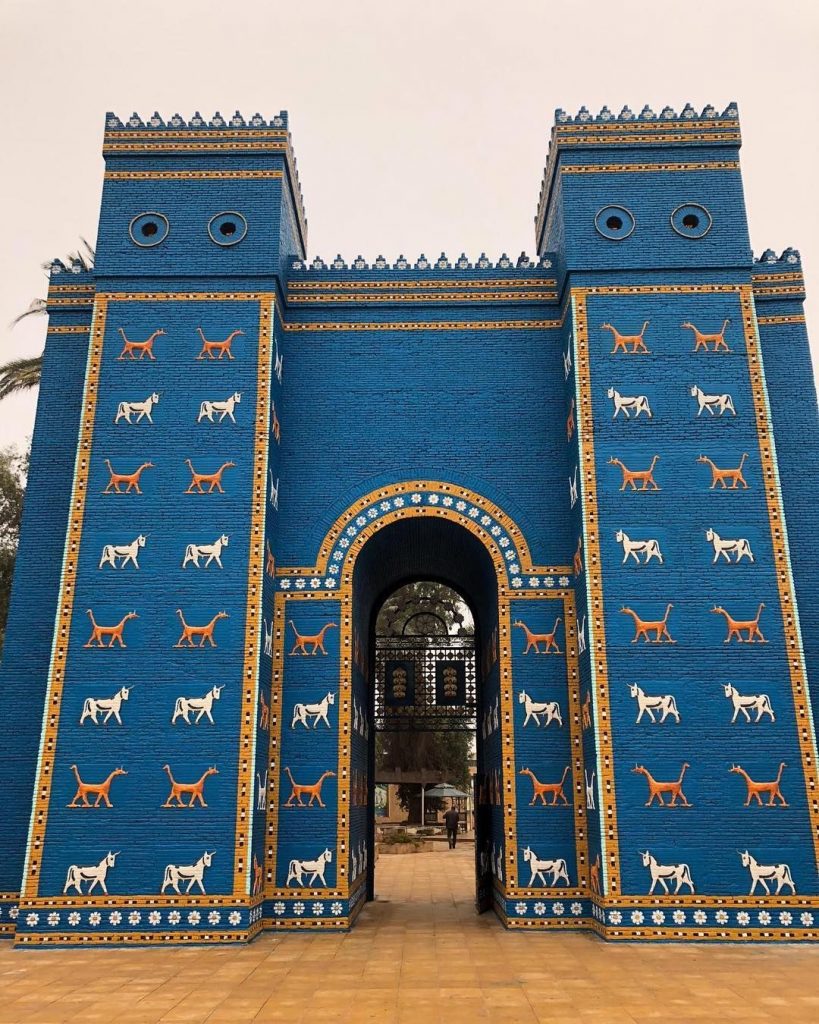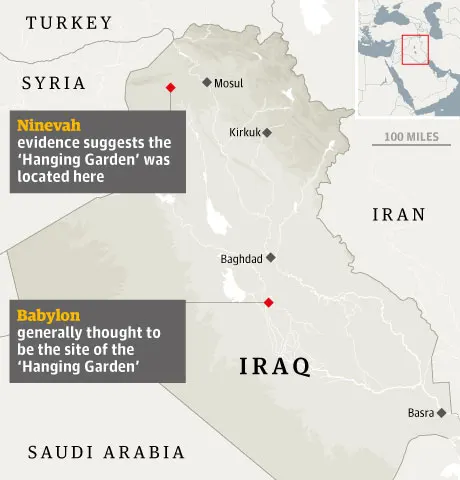Babylon was an ancient city located in what is now modern-day Iraq. It was one of the most powerful and influential cities of the ancient world, and its history stretches back over 4000 years.

The city was founded by the Sumerians in the 4th millennium BC, and it quickly became a major centre of trade, culture, and learning. The Sumerians were skilled architects and engineers, and they built Babylon into a city of grand palaces, temples, and public buildings.
In the 3rd millennium BC, Babylon was conquered by the Akkadians, a Semitic people who spoke a language related to modern-day Arabic. The Akkadian king Sargon the Great made Babylon his capital and established it as the center of a vast empire that stretched from the Mediterranean Sea to the Persian Gulf.
Babylon reached the height of its power during the rule of King Hammurabi in the 18th century BC. Hammurabi was a brilliant military strategist and a wise ruler, and he transformed Babylon into a sophisticated and prosperous city. He also created the world’s first known legal code, which set out a system of laws and punishments that would become the basis for legal systems all over the world.
Babylon Period of Decline
After Hammurabi’s death, Babylon entered a period of decline, and it was eventually conquered by the Assyrians in the 7th century BC. The Assyrians transformed Babylon into a major military center and used it as the base for their conquests throughout the Middle East.
In the 6th century BC, the Persians conquered Babylon and made it the capital of their vast empire. The Persian king Cyrus the Great was a wise and benevolent ruler, and he allowed the people of Babylon to continue their traditions and practices.
Babylon remained an important city throughout the Greek and Roman empires, and it was visited by many famous historical figures, including Alexander the Great.
Despite its long and illustrious history, Babylon’s fortunes began to decline in the 5th century AD, and it eventually fell into decline and was abandoned. In the modern era, the city has been the subject of much research and study by historians and archaeologists, who have worked to uncover its secrets and learn more about its rich history.
Babylon Popular Tourist Attraction
Today, the ruins of Babylon are a popular tourist attraction, and they offer a glimpse into the city’s past glory. The most famous remaining structures are the Ishtar Gate, a massive gateway adorned with blue glazed tiles, and the Hanging Gardens, one of the ancient world’s Seven Wonders.

Despite its long history and cultural significance, Babylon has not been without controversy. In the early 20th century, the German archaeologist Robert Koldewey led a team in excavating the city’s ruins, and they made many important discoveries. However, Koldewey’s work was controversial, and many critics accused him of altering the site to fit his own theories about the city’s history.
Despite these controversies, Babylon remains an important and fascinating part of the world’s cultural heritage, and it continues to draw visitors from all over the world who are interested in learning more about its history and significance. Its rich and varied history, from its beginnings as a small Sumerian city to its later role as a major centre of power and culture, makes it a truly unique and fascinating place, and one that continues to capture the imaginations of people all over the world.















2 Responses
Your article helped me a lot, is there any more related content? Thanks!
Thanks for sharing. I read many of your blog posts, cool, your blog is very good. https://accounts.binance.com/en-NG/register-person?ref=JHQQKNKN